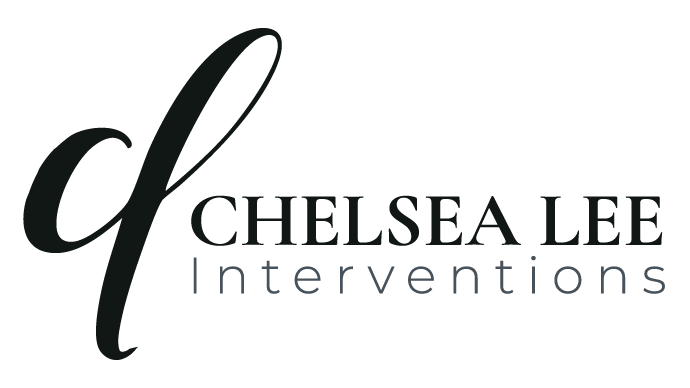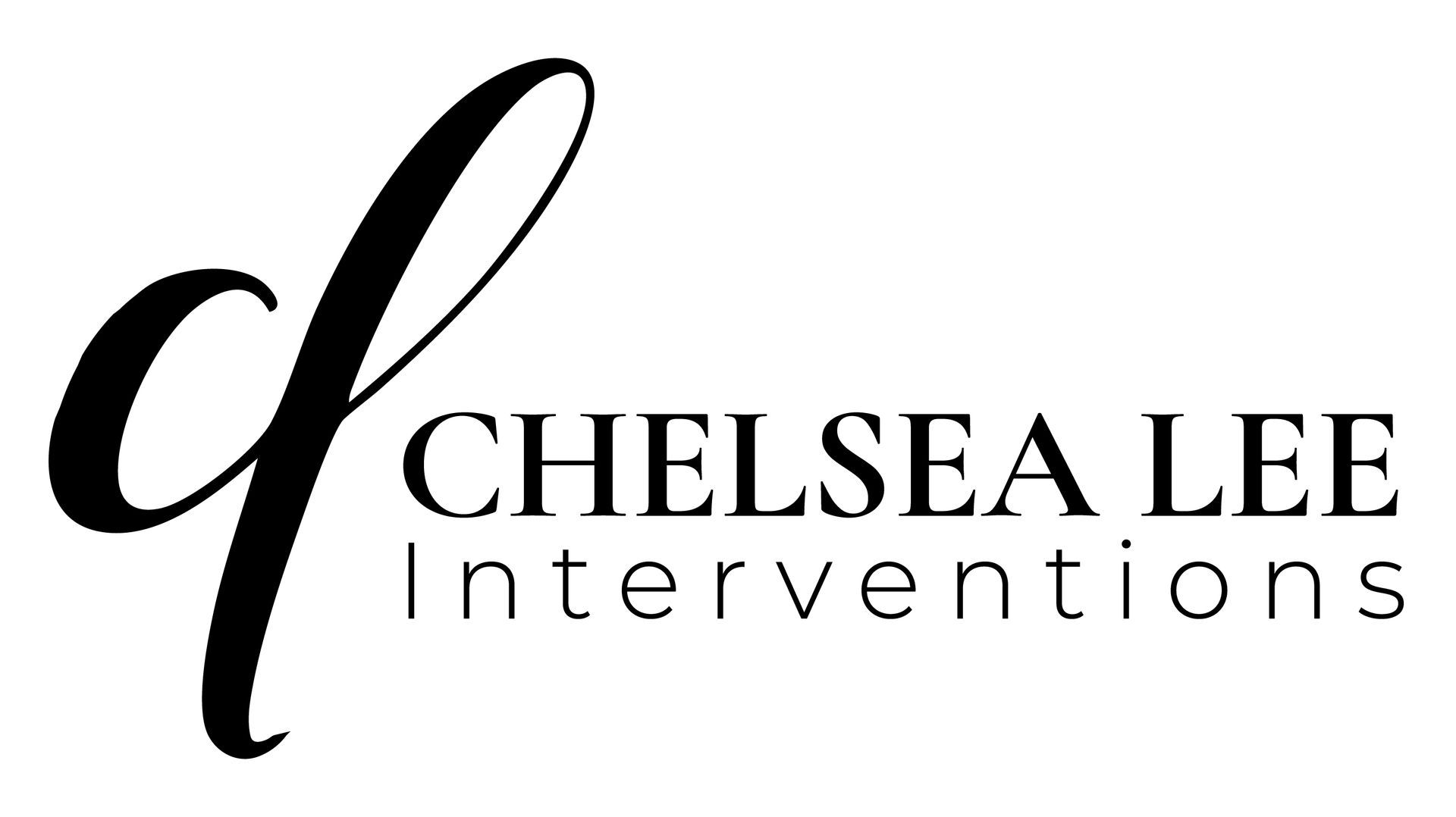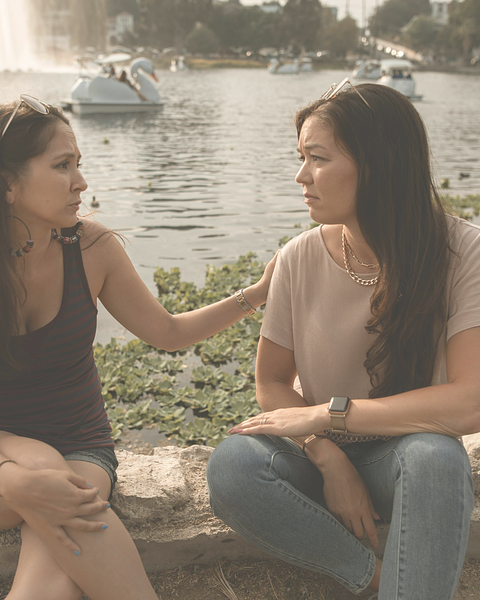Helping Your Addicted Adult Child Vancouver: Support Without Enabling
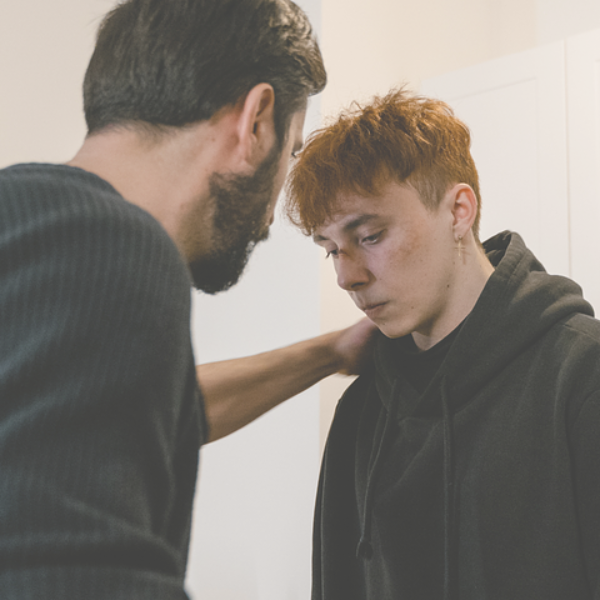
Introduction
When your adult child struggles with addiction, every parental instinct tells you to help, protect, and rescue them from harm. Yet you've likely been told that too much help might enable their substance use and make things worse. This paradox leaves many Vancouver parents feeling confused, guilty, and uncertain about how to provide meaningful support.
As an addiction intervention specialist and licensed counsellor serving families throughout British Columbia and Canada, I understand the complex challenges parents face when their adult child is affected by addiction. Substance use disorder impacts entire family systems, creating stress, trauma, and difficult decisions about boundaries and support.
Addiction is recognized as a chronic health condition that affects brain chemistry and decision-making capacity. Your adult child's substance use isn't a moral failing or lack of willpower, it's a medical condition requiring professional treatment and long-term management strategies.
In this guide, I'll help you understand the difference between helpful support and enabling behaviours, provide practical strategies for maintaining healthy boundaries, and connect you with Vancouver resources that support both your wellbeing and your adult child's recovery journey.
Understanding Addiction as a Substance Use Disorder (SUD)
Addiction, clinically known as substance use disorder, is a chronic health condition characterized by compulsive substance use despite negative consequences. When your adult child is struggling with addiction, understanding this medical foundation helps you respond with appropriate expectations and support strategies.
Substance use disorder affects brain circuits involved in reward, motivation, and decision-making. These changes make stopping extremely difficult without proper treatment, even when your adult child recognizes the harm their substance use is causing to themselves and family relationships.
The progression from occasional use to addiction often develops gradually over months or years. By the time addiction becomes apparent, significant neurological changes have occurred that require professional intervention rather than willpower alone to address it effectively.
Many parents blame themselves for their adult child's addiction, wondering what they did wrong or how they failed to prevent this outcome. However, addiction results from complex interactions between genetic predisposition, environmental factors, trauma, mental health conditions, and individual circumstances beyond parental control.
Understanding addiction as a health condition doesn't excuse harmful behaviours or remove accountability, but it helps parents approach the situation with realistic expectations about what love, consequences, or family support can accomplish independently.
The Critical Difference Between Support and Enabling
Learning to distinguish between supportive actions and enabling behaviors is essential for parents navigating their adult child's substance use challenges. This distinction determines whether your efforts promote recovery or inadvertently perpetuate addiction patterns.
Supportive actions encourage responsibility, accountability, and connection with treatment resources. Examples include researching treatment options together, providing transportation to appointments, participating in family therapy, or offering emotional encouragement during recovery efforts.
Enabling behaviours remove consequences of substance use and make continued addiction easier to maintain. Common enabling includes providing money that they could purchase substances with, completing your adult child's responsibilities, lying to cover up their addiction, or allowing active substance use in your home.
The challenge lies in recognizing that enabling often feels like loving support in the moment. When your adult child faces homelessness, hunger, or legal consequences due to substance use, natural parental instincts drive you to rescue them from these situations.
However, rescue attempts can prevent your adult child from experiencing the discomfort that motivates change. Professional guidance helps parents learn to support recovery efforts while allowing natural consequences of substance use to create motivation for seeking help.
Essential Boundaries for Parents of Adults with Substance Use Disorder
Establishing clear boundaries with your adult child affected by addiction protects your wellbeing while promoting their recovery. These boundaries aren't punishments, they're protective measures that encourage healthy choices and responsible behaviour.
Financial boundaries often require the most strength to maintain. Rather than providing cash directly, consider offering gift cards for necessities, or helping research assistance programs. This approach meets genuine needs without funding substance use.
Living situation boundaries protect your home environment and family safety. You might require sobriety, treatment participation, or drug testing as conditions for staying in your home, or help your adult child find alternative housing rather than allowing active addiction in your space.
Communication boundaries ensure interactions remain respectful and productive. This includes ending conversations that become manipulative or abusive, scheduling serious discussions rather than responding to crisis calls, or requiring sobriety during important conversations about treatment options.
Emotional boundaries protect your mental health from being consumed by your adult child's addiction. Maintain your own relationships, activities, and self-care practices regardless of their current crisis level or substance use status.
Vancouver Support Groups for Families Affected by Addiction
Vancouver offers numerous support groups specifically designed for families struggling with a loved one's substance use. These groups provide peer support, practical guidance, and emotional connection with others who understand your challenges.
Families Anonymous is a 12-step support group for family members and friends concerned about a loved one's substance use or behavioural problems. Meetings occur regularly throughout Vancouver and the Lower Mainland, providing ongoing support and fellowship with others in similar situations.
Nar-Anon Family Groups offer support specifically for families and friends of individuals with drug addiction. These groups help family members learn to cope with their loved one's substance use while focusing on their own recovery from the effects of living with addiction.
The BC Centre on Substance Use provides resources specifically for families, including support groups, educational materials, and guidance on navigating treatment systems throughout British Columbia. Their family support initiatives recognize addiction as a family disease requiring comprehensive support.
SMART Recovery Family & Friends groups use science-based tools and techniques to help family members develop healthy responses to their loved one's addiction. These groups focus on motivation, behaviour change, and family wellbeing alongside supporting recovery efforts.
Local community centers throughout Vancouver host various family support groups, including faith-based options and culturally specific programs that address substance use within particular communities or populations.
Treatment Program Options and How Parents Can Help
Understanding available addiction treatment options helps parents support their adult child's recovery journey while maintaining appropriate boundaries around treatment decisions and outcomes. Treatment programs range from intensive residential care to outpatient counselling and peer support services.
Detox programs provide medical supervision during withdrawal from substances, helping manage potentially dangerous withdrawal symptoms while beginning the recovery process. Vancouver offers both residential and outpatient detox options through various healthcare providers and addiction treatment centres.
Residential treatment centres provide intensive, time-limited programs where individuals live on-site while receiving comprehensive addiction treatment. These programs typically include individual counselling, group therapy, family sessions, and preparation for ongoing recovery support. The typical duration of in-patient treatment is 45-90 days.
Outpatient treatment allows individuals to maintain work, family, and community connections while receiving regular counselling, group support, and case management services. This flexibility works well for those with strong family support and stable living situations.
Parents can support treatment selection by researching options together, asking questions about program approaches, and providing emotional encouragement during decision-making processes. However, treatment success depends primarily on your adult child's engagement rather than parental involvement.
Mental Health and Addiction: Understanding Dual Diagnosis
Many adults with substance use disorder also struggle with mental health challenges such as depression, anxiety, trauma, or bipolar disorder. This combination, known as dual diagnosis or co-occurring disorders, requires specialized treatment addressing both conditions simultaneously.
Mental health conditions often contribute to substance use as individuals attempt to self-medicate symptoms of depression, anxiety, or trauma. Conversely, chronic substance use can worsen mental health symptoms and create new psychological challenges that persist even during recovery periods.
Treatment programs that address both substance use and mental health provide the most effective approach for sustained recovery. This integrated care ensures that underlying mental health issues receive attention while addiction treatment addresses substance use patterns and behaviours.
Parents can support their adult child by encouraging comprehensive assessment that identifies potential mental health conditions alongside substance use disorder. This information helps guide treatment decisions and provides family members with better understanding of their loved one's challenges.
Mental health services throughout Vancouver include specialized programs for individuals with co-occurring substance use and mental health conditions, ensuring comprehensive care that addresses the complexity of dual diagnosis situations.
Harm Reduction and Overdose Prevention
While working toward your adult child's recovery, understanding harm reduction principles can help protect their safety during periods of active substance use. Harm reduction focuses on reducing risks associated with substance use rather than requiring immediate abstinence.
Overdose prevention involves recognizing signs of overdose, knowing how to respond effectively, and ensuring access to naloxone (a medication that reverses opioid overdoses). Many Vancouver organizations and local pharmacies provide free naloxone training and distribution to family members.
Safer use practices reduce risks associated with continued substance use, including proper storage of substances, avoiding mixing substances, staying hydrated, and using substances in safer environments where help is available if needed.
Encouraging connection with health services, even during active addiction, helps maintain your adult child's physical health and creates opportunities for treatment engagement when they become ready for recovery.
Harm reduction doesn't mean accepting or enabling addiction, it means prioritizing your loved one's immediate safety while continuing to encourage treatment and recovery. This approach recognizes that recovery often involves setbacks, and that keeping someone alive during active addiction preserves the possibility of future recovery.
Building Your Own Support Network
Supporting an adult child with substance use disorder creates significant stress that requires your own support network to maintain your wellbeing and effectiveness as a supportive family member. Building comprehensive support helps sustain your efforts over time.
Professional support might include individual counselling to process your emotions and develop coping strategies, family therapy to improve communication patterns, or consultation with addiction specialists who can provide guidance on specific situations.
Peer support through groups like Families Anonymous, Nar-Anon, or local family support groups connects you with others who understand your experience and can offer practical advice based on their own journey through similar challenges.
Personal relationships with friends and family members who can provide emotional support, practical assistance, and perspectives beyond your adult child's addiction help maintain balance and connection to other aspects of your life.
Educational resources about addiction, recovery, and family dynamics help you make informed decisions and maintain realistic expectations about your role in your adult child's recovery process.
Spiritual or community connections provide meaning and hope that extend beyond immediate addiction concerns, helping you maintain perspective and resilience during difficult periods.
The Recovery Process: What Parents Should Expect
Recovery from substance use disorder rarely follows a linear path, and understanding this reality helps parents maintain appropriate expectations and responses to setbacks or challenges that arise during treatment and early recovery.
Initial recovery often involves significant adjustments as your adult child learns new coping strategies, addresses underlying issues that contributed to substance use, and rebuilds relationships damaged by addiction. This period can be emotionally intensive for both individuals and families.
Relapse, or return to substance use after a period of recovery, occurs frequently and doesn't indicate treatment failure or lack of motivation. Understanding relapse as part of the recovery process helps families respond supportively rather than with punishment or abandonment of recovery efforts.
Long-term recovery involves ongoing management of addiction as a chronic health condition, similar to managing diabetes or other medical conditions. This includes continued engagement with support services, attention to mental health, and lifestyle changes that support sustained recovery.
Family relationships often require rebuilding and healing as trust is gradually restored through consistent recovery behaviours over time. Professional family therapy can facilitate this process and help establish healthier communication and relationship patterns.
Recovery success is ultimately determined by your adult child's commitment and engagement rather than family support alone, though supportive family relationships significantly enhance recovery outcomes when boundaries and expectations remain appropriate.
When Professional Intervention Becomes Necessary
Many parents spend months or years attempting to help their adult child independently before recognizing that professional intervention services provide expertise and objectivity that families cannot offer alone.
Professional intervention becomes appropriate when family efforts haven't successfully motivated treatment engagement, when crisis situations are escalating or becoming more frequent, when family relationships are being damaged by addiction dynamics, or when parents feel overwhelmed by the complexity of supporting someone with substance use disorder.
Intervention specialists understand addiction psychology, family systems, and treatment resources in ways that enable them to develop effective strategies for encouraging treatment acceptance while protecting family wellbeing throughout the process.
Professional intervention also provides ongoing guidance for maintaining healthy boundaries and expectations, preventing families from reverting to enabling patterns that can undermine recovery efforts.
In Vancouver, intervention specialists work collaboratively with local treatment centres, family support services, and healthcare providers to ensure comprehensive support for both individuals with addiction and their family members.
Hope and Healing: Recovery is Possible
While addiction creates significant challenges for individuals and families, recovery is possible with appropriate treatment, support, and commitment to change. Many families successfully navigate the journey from active addiction to sustained recovery and healing.
Understanding that recovery takes time and involves setbacks helps maintain hope during difficult periods. Each attempt at recovery, even those that don't result in sustained sobriety, can provide learning experiences that contribute to eventual success.
Family healing often parallels individual recovery, with parents learning healthier boundary setting, communication skills, and self-care practices that improve all family relationships and personal wellbeing.
Professional support services significantly improve outcomes by providing guidance, resources, and accountability that families cannot maintain independently. This support helps both individuals and families develop skills necessary for long-term recovery success.
Many parents discover that skills developed while learning to support their adult child's recovery without enabling ultimately improve their overall parenting, relationships, and personal resilience in ways that extend far beyond the addiction experience.
Frequently Asked Questions About Supporting Your Adult Child
How do I know if I'm enabling my adult child's substance use?
Ask yourself whether your actions promote responsibility and recovery, or remove consequences that might motivate change. Enabling typically involves providing resources that could support continued substance use or preventing natural consequences from occurring.
Should I allow my adult child to live at home during active addiction?
This depends on your family's safety, other household members, and your ability to maintain appropriate boundaries. Many families require sobriety, treatment participation, or other conditions for continued housing support.
What if my adult child refuses all treatment options?
Continue maintaining healthy boundaries while expressing your willingness to support recovery efforts when they become ready. Many people require multiple opportunities before accepting treatment, and your consistent boundaries help create motivation for eventual change.
How do I handle financial requests from my adult child?
Consider alternatives to direct cash assistance, such as providing gift cards for necessities, or helping research community assistance programs that meet basic needs without funding substance use.
When should I consider professional intervention services?
Professional intervention becomes appropriate when family efforts alone haven't been successful, when situations are escalating, or when you need guidance on maintaining appropriate boundaries while still providing meaningful support.
Summary: Your Path Forward
Supporting your adult child through substance use challenges while maintaining your own wellbeing requires understanding addiction as a health condition, distinguishing between helpful support and enabling behaviours, and building your own support network for sustained strength and perspective.
Remember that your role involves creating conditions that support recovery, while allowing your adult child to experience both consequences of addiction and benefits of recovery.
Professional guidance can help you navigate this balance effectively.
Recovery is possible, and many families successfully journey from addiction crisis to healing and restoration with appropriate support, boundaries, and professional guidance when needed.
Contact Chelsea Lee - Addiction and Behavioural Interventions
📞 Phone: +1 (778) 858-0042
📧 Email: info@chelsealee.ca
🌐 Website: www.chelsealee.ca
📍 Serving Vancouver, BC and surrounding areas
Free 30-minute consultation for parents navigating adult child addiction. Specializing in intervention services and family support throughout British Columbia.
Introduction
When your adult child struggles with addiction, every parental instinct tells you to help, protect, and rescue them from harm. Yet you've likely been told that too much help might enable their substance use and make things worse. This paradox leaves many Vancouver parents feeling confused, guilty, and uncertain about how to provide meaningful support.
As an addiction intervention specialist and licensed counsellor serving families throughout British Columbia and Canada, I understand the complex challenges parents face when their adult child is affected by addiction. Substance use disorder impacts entire family systems, creating stress, trauma, and difficult decisions about boundaries and support.
Addiction is recognized as a chronic health condition that affects brain chemistry and decision-making capacity. Your adult child's substance use isn't a moral failing or lack of willpower, it's a medical condition requiring professional treatment and long-term management strategies.
In this guide, I'll help you understand the difference between helpful support and enabling behaviours, provide practical strategies for maintaining healthy boundaries, and connect you with Vancouver resources that support both your wellbeing and your adult child's recovery journey.

Chelsea Lee, MPCC
Licensed Master Practitioner in Clinical Counselling & Certified Interventionist
I am a Licensed Master Practitioner in Clinical Counselling and Certified Interventionist with over 20 years of experience helping families navigate the challenges of addiction and mental health. My approach combines professional training with my own lived experience, allowing me to provide not just expertise, but also genuine understanding and compassion. My goal is to walk alongside families, offering hope, healing, and practical support as they work toward recovery and lasting change.
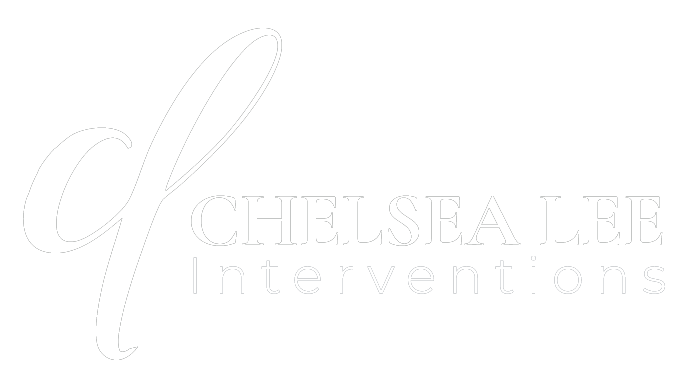
Reclaim Your Peace of Mind
Book your free consultation now and discover the support you deserve.
